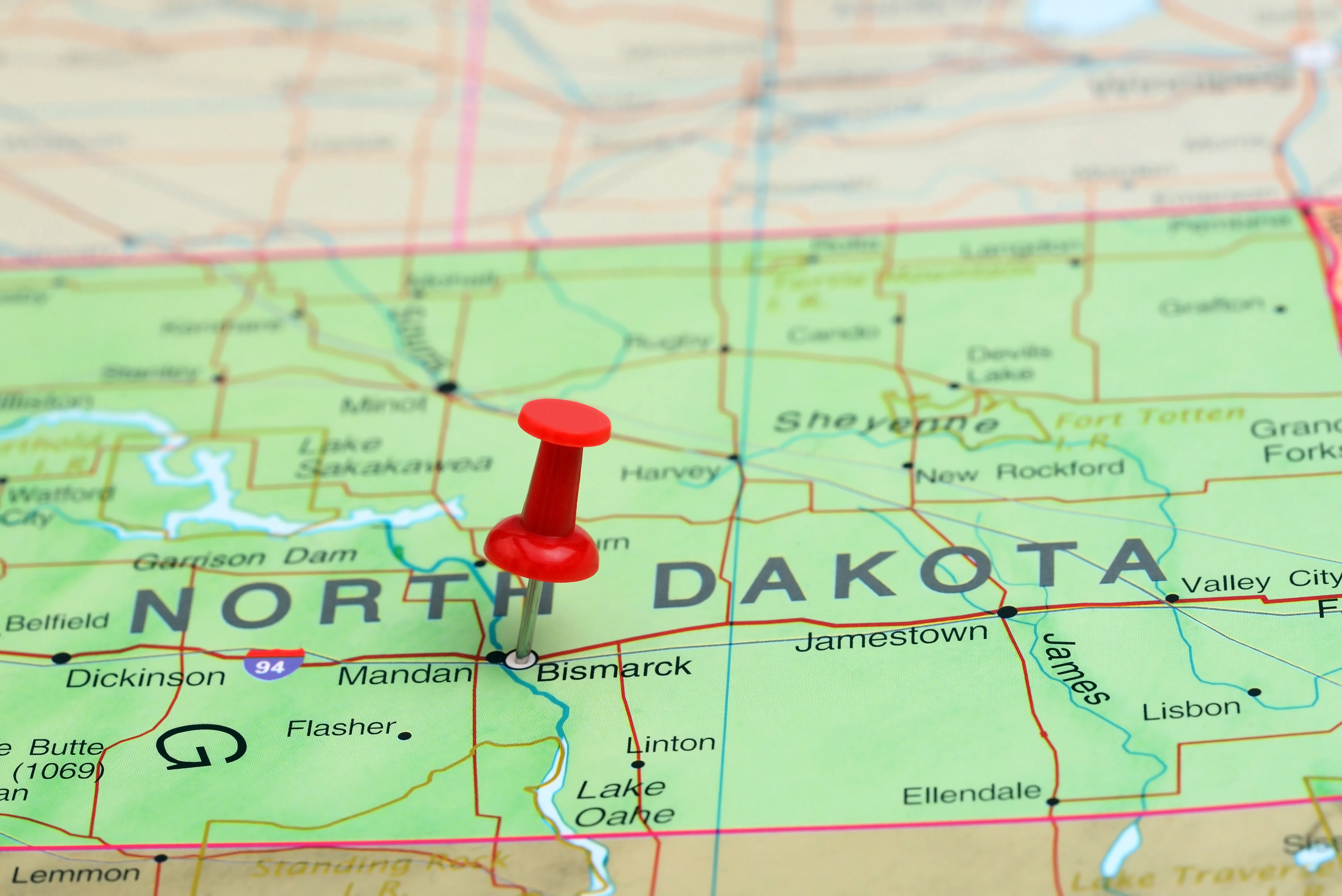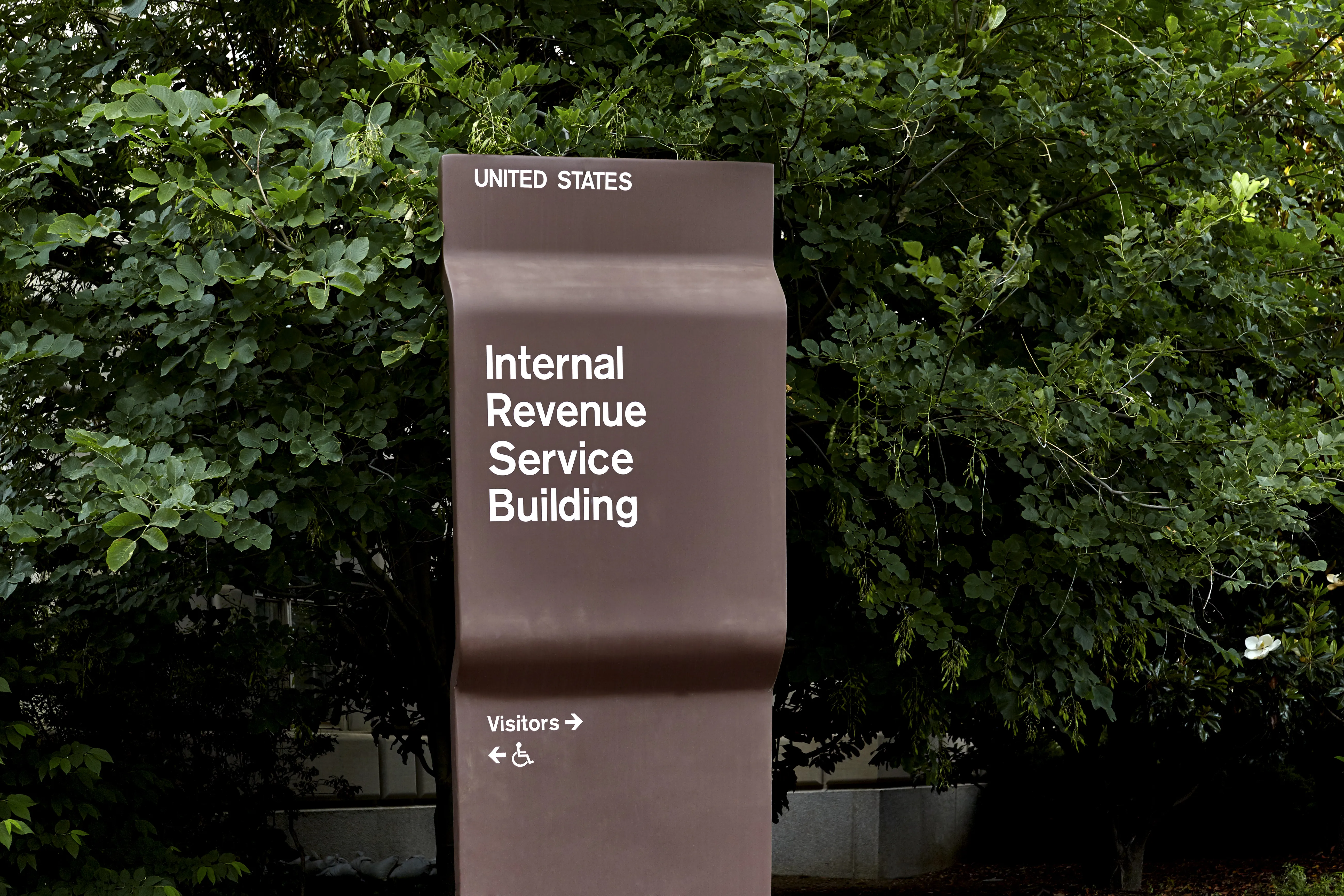
North Dakota looks to get tough on crypto scams
Click play to listen to this article.
FBI data show North Dakotans lost nearly $6 million to cryptocurrency scams in 2023 and a bill advancing in the Legislature would try to limit those losses by adding safeguards to a financial trend with little oversight.
The measure, overwhelmingly approved by the House this week, would require operators of crypto kiosks to be licensed. Experts said the kiosks, which look similar to a traditional ATM, are used to convert real cash to virtual money like Bitcoin but they also can serve as a vehicle for fraud.

© iStock.com/Pogonici
Representative Ben Koppelman, R-West Fargo, said someone might pose as a law enforcement officer, warning a person about suspicious activity with the funds in their bank account.
"They suggest depositing it in this kiosk and, of course, it goes to the fraudster's account and it's tough to get that money back," Koppelman explained.
One of the other provisions stated receipts would need to be provided so law enforcement agencies have a paper trail to work with in the event of a scam. Koppelman pointed out compromises were added in response to concerns from cryptocurrency industry groups, including language dealing with daily transaction limits.
Jacob Rued, fraud investigator for First Western Bank in Minot, told lawmakers at a hearing earlier in the session, people who are taken advantage of often have little to no knowledge of how crypto transactions work.
"Their trust in the kiosk (is) often based on the false and manipulated idea that because this kiosk is real, and, 'I can physically interact with it in my community, that must mean that it has been vetted,'" Rued noted.
Experts said unlike mainstream banking, virtual currency is decentralized and regulation has been slow to catch up. Groups such as AARP also testified in support of the bill, noting the effect the activity has had on older adults at risk of losing their life savings. Watchdogs said younger generations, too, are targeted for this type of fraud.
The measure now heads to the Senate.

















